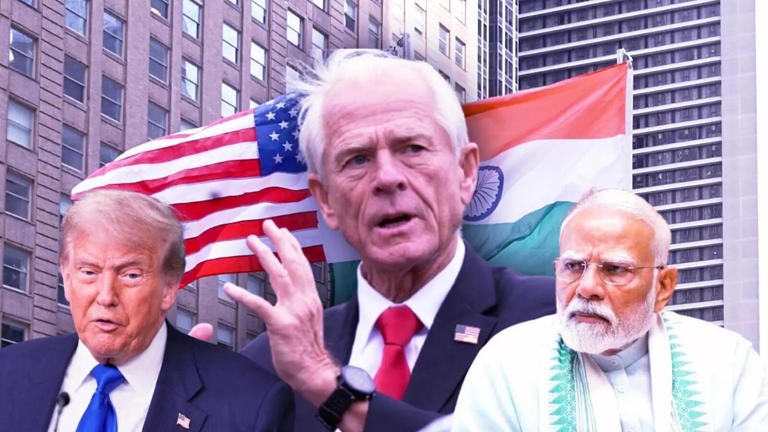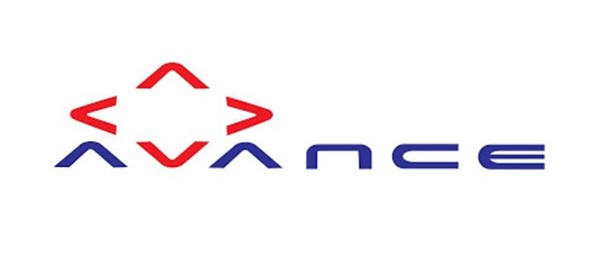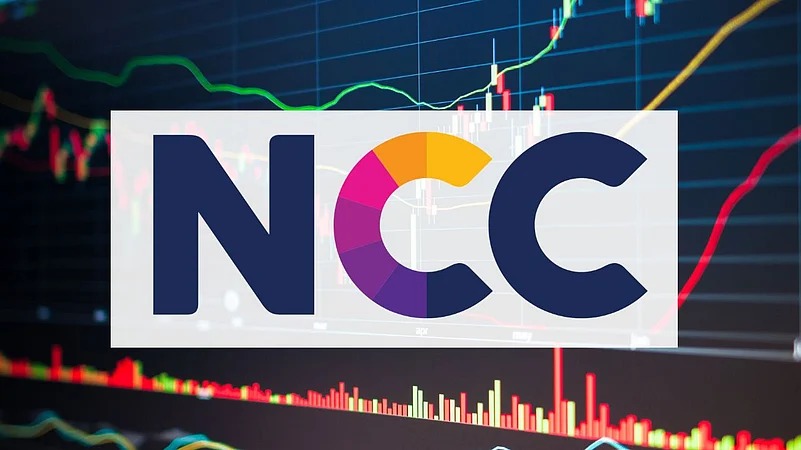
Follow WOWNEWS 24x7 on:

In a recent development that could signal a shift in the dynamics of US-India trade relations, White House trade adviser Peter Navarro stated that India is “coming to the table” for negotiations. This comment follows months of tense exchanges marked by tariff disputes, accusations over trade practices, and geopolitical undercurrents involving energy imports and alliances. Navarro’s remarks suggest a potential thaw and readiness from India to engage more constructively with the United States on trade issues, opening pathways for dialogue and resolution.
Key Takeaways On White House Trade Adviser Navarro’s Remarks
Navarro acknowledged that India is showing signs of willingness to participate actively in trade negotiations with the US after a period of strained relations.
He criticized India’s historically high tariffs on American goods, labeling India as the “Maharaja of tariffs,” emphasizing the need to address these trade barriers.
The adviser linked India's trade and energy relations with Russia to broader geopolitical concerns, suggesting that India’s position affects global stability.
Navarro highlighted that other countries such as the European Union, Japan, South Korea, the Philippines, and Indonesia have engaged positively with the US on trade.
He warned that if India does not engage sincerely, it risks aligning with Russia and China in a manner that could have negative consequences for its own economic interests.
Background On The US-India Trade Tensions
Trade relations between the United States and India have faced significant challenges, notably after the US imposed additional tariffs leading to steep duties on Indian imports. These moves were largely justified by the US government on concerns about India’s high tariff barriers and its continued purchase of discounted Russian crude oil amid geopolitical tensions.
Navarro’s comments come amid ongoing frustration from the US side that India’s trade policies and energy purchases are at odds with US strategic interests. At the same time, India has stressed that its energy decisions are driven by market realities and national interests.
Why India Coming To The Table Matters
It signals a willingness on the part of India to engage with the US on longstanding concerns including tariffs, market access, and trade imbalances.
Constructive negotiations could lead to easing of tariff burdens, benefiting exporters on both sides.
Improved trade dialogue may help address concerns related to energy trade, intellectual property, and investment protection.
A collaborative approach reinforces the broader strategic partnership between the two democracies amidst complex global geopolitics.
Navarro’s Broader Geopolitical Commentary
He underscored that India’s energy imports from Russia complicate efforts to resolve the Russia-Ukraine conflict, linking trade issues with global peace dynamics.
Navarro also took a critical stance on the BRICS alliance, suggesting that member countries rely heavily on US markets and engage in unfair trade practices.
His comments framed trade as an extension of diplomatic and security priorities, emphasizing the interconnectedness of economic and geopolitical considerations.
What To Watch Next In US-India Relations
Progress in bilateral trade negotiations and possible agreements to reduce tariffs and open markets.
India’s response to calls for reducing energy dependence on Russia and potential shifts in procurement strategies.
Continued diplomatic engagements and high-level visits aimed at strengthening economic ties.
The impact of trade dialogue on broader cooperation in areas such as defense, technology, and climate change.
Reactions from industry stakeholders and the markets to changes in trade policy and tariff regimes.
In conclusion, White House trade adviser Peter Navarro’s acknowledgement that India is coming to the trade negotiation table represents a meaningful moment in a complex and sometimes fraught relationship. While significant challenges remain, this development offers an opportunity for both sides to move toward more constructive engagement, balancing economic interests with geopolitical realities to foster a stronger bilateral partnership.
Sources: NDTV, Hindustan Times, Reuters, Economic Times, White House press releases






